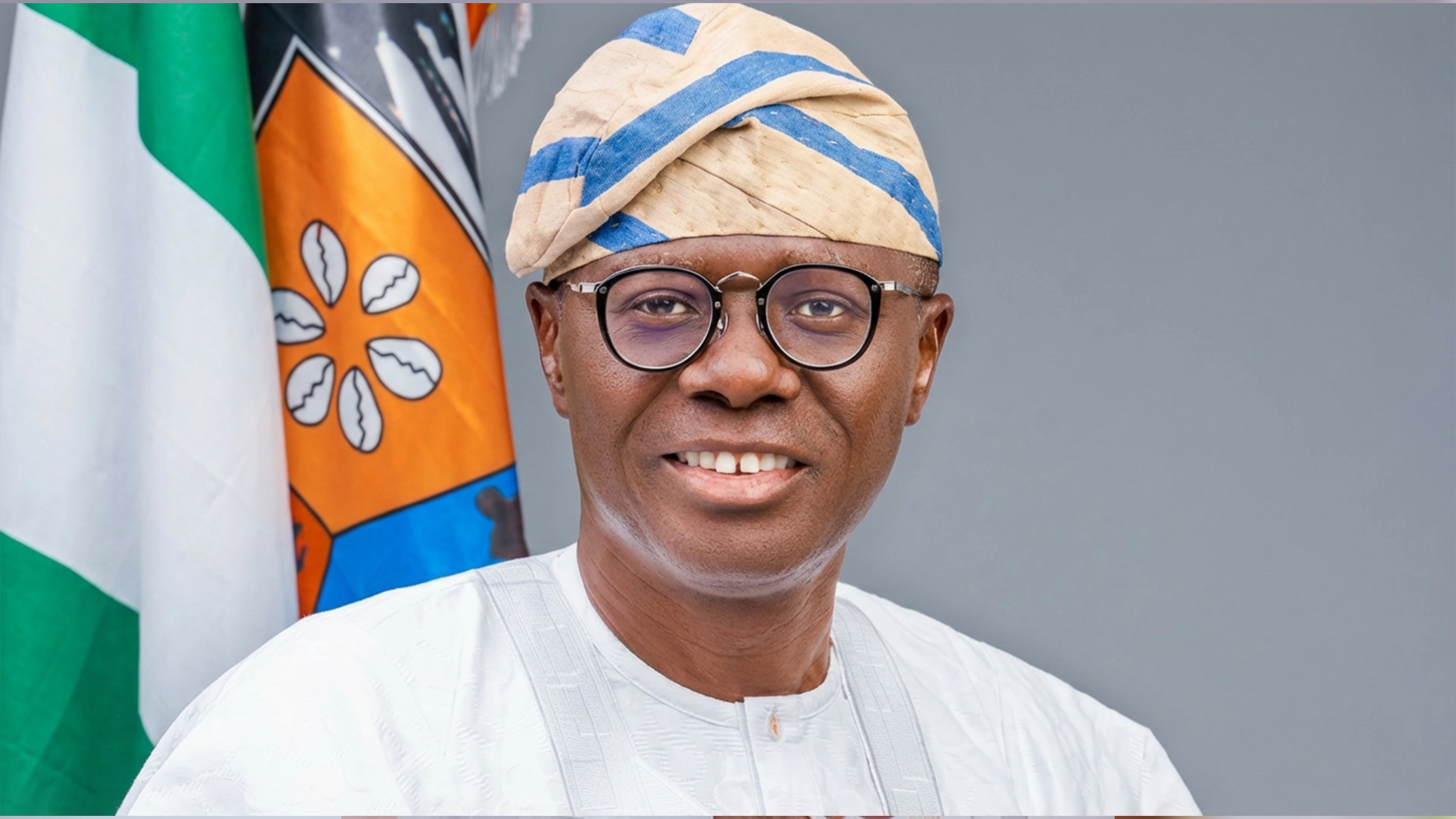President Bola Tinubu, on Monday in Abuja, urged judges to uphold the sanctity of their profession, stressing that no amount of reform can succeed if integrity is compromised.
He said the strength and honour of the judiciary rest on the proper and unequivocal interpretation of the constitution.
Declaring open the 2025 All Nigerian Judges Conference at the National Judicial Institute, the President noted that public perception of the Bench should remain a paramount concern, especially in safeguarding the nation’s democracy.
He said the theme of the biennial conference, “Building a Confident Judiciary,” was timely, reflecting prevailing national sentiments, and assured that his administration would continue to support the judicial arm.
“Confidence is the lifeblood of justice,” he said. “A judgment may be grounded in law and delivered with clarity, but unless the public perceives it as fair, impartial, and untainted, its moral authority is diminished.
“We must acknowledge that public perception of the judicial process has not always been favourable. Citizens have expressed frustration with delays, concerns about integrity, and anxiety over access to justice. These perceptions cannot be ignored; they call us to reflect, reform, and restore.”
Tinubu reaffirmed that the judiciary exists for the people, noting that their faith in judicial processes forms the foundation of national stability.
He added that while buildings and technology matter, the true strength of the judiciary lies in the men and women who interpret the law.
Judicial welfare, training, and independence, he stressed, are not privileges but imperatives.
The President urged judges to always consider the broader goal of building a united and prosperous nation.
He reiterated his administration’s commitment to supporting the judiciary with the institutional and material resources needed to deliver justice swiftly and effectively.
“Our courts must no longer be places where cases languish for years,” he said. “They must become beacons of efficiency where disputes are resolved promptly and where litigants depart with renewed confidence in the rule of law.”
Tinubu commended the judiciary for its steadfastness in moments of national uncertainty, noting that its interventions have helped preserve constitutional order and curb tyranny.
On modernisation, he pledged continued support to the National Judicial Institute as the hub of judicial education and professional development.
Technology, he said, is now a necessity, and the digitisation of court processes will receive sustained attention.
“A digital, transparent judiciary will improve efficiency and deepen public trust. No court should be left behind in this transformation,” he said.
The Chief Justice of Nigeria (CJN), Justice Kudirat Olatokunbo Kekere-Ekun, thanked the President for his commitment to justice, noting that the conference offers a vital platform for reflection, collaboration, and strengthening institutional ethics.
“The temple of justice trembles where justice is denied. We must be symbols of incorruptible honour,” she said.
The biennial conference was attended by former and serving Chief Justices of Nigeria, Presidents of the Court of Appeal, Justices of the Supreme Court and Court of Appeal, heads of courts, and judges from across the country.






